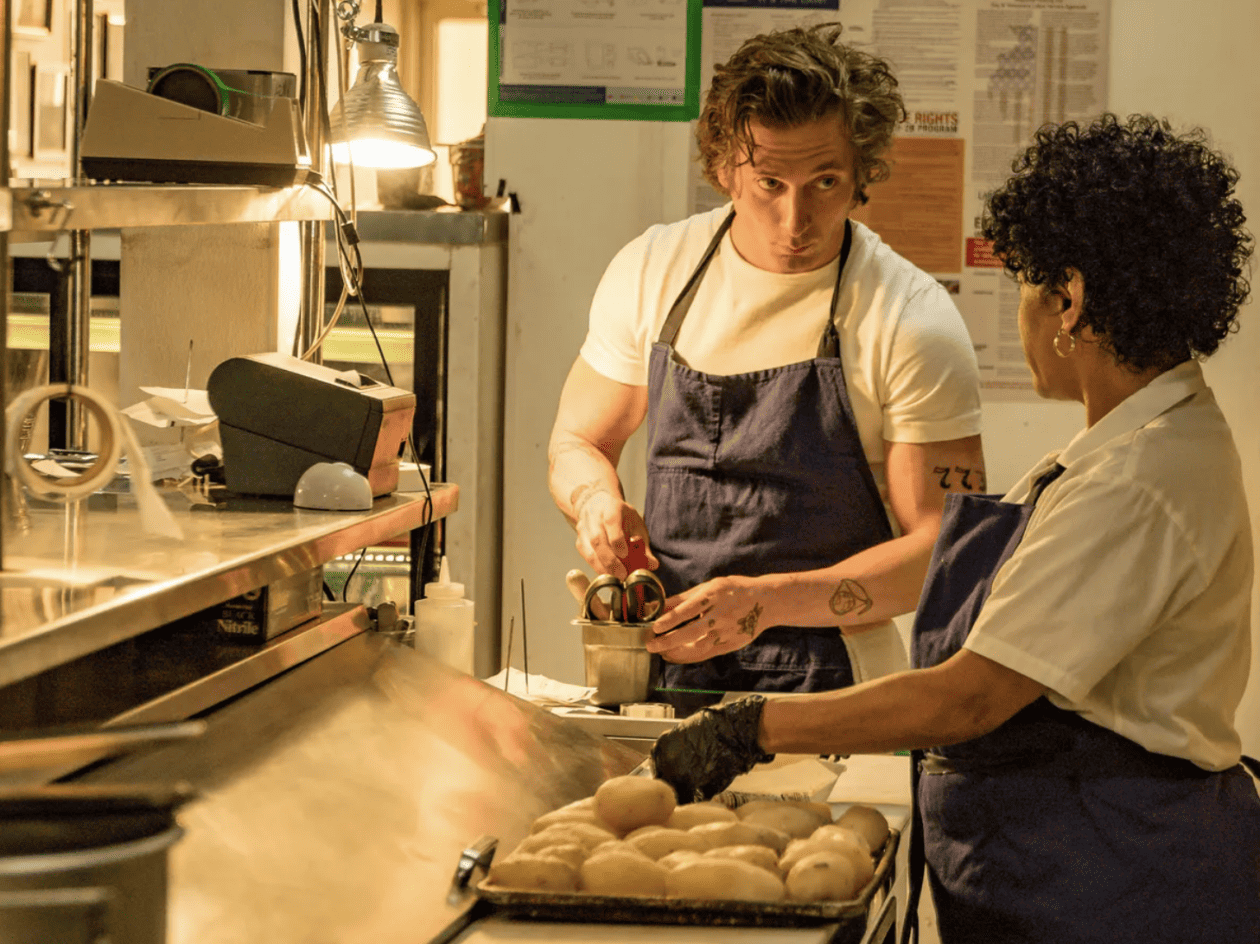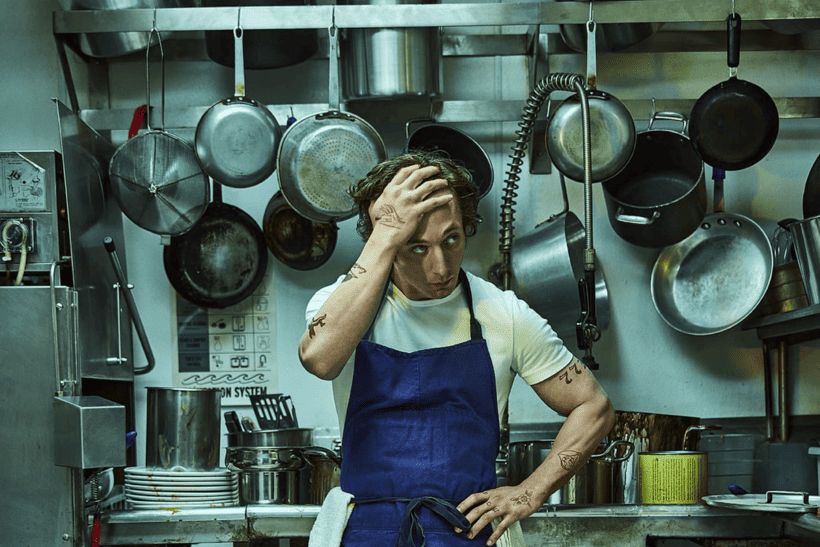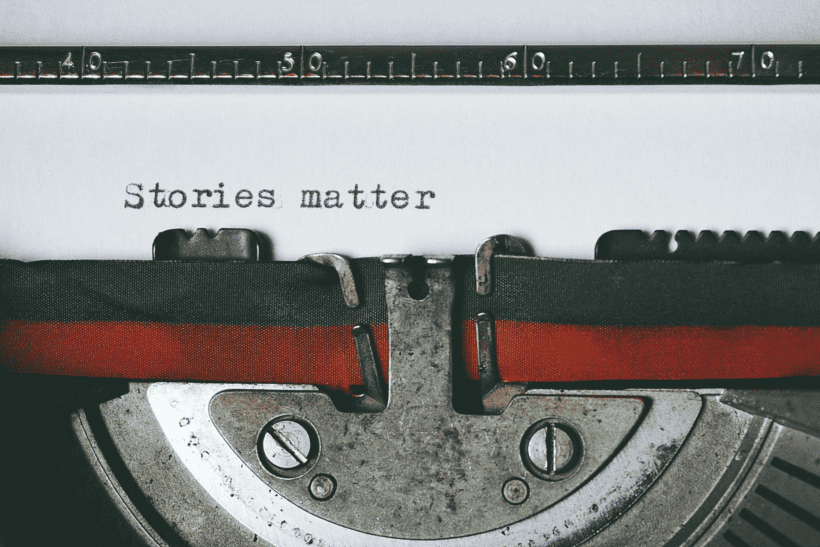I spent a lot of time in 2023 working in Chicago, helping connect strategy with execution by adopting agile techniques with my clients. Coincidentally, one of my favourite shows of 2023 was “The Bear”, a drama about the high-pressure world of a Chicago sandwich shop and its transformation into a high-end restaurant.
I couldn’t help but notice (reminder to myself to switch off!) how much of the show aligns to some ideas from agile principles and practices.
What Can ‘The Bear’ Teach us About Agile Practices?
- Responding to change is more important than following a plan.
The fast-paced, unpredictable kitchen environment with constant change and challenges… sound familiar? The team pivots rapidly to deal with ingredient shortages, customer demands, and equipment failures, demonstrating the importance of adaptability and being comfortable in uncertain situations. Get comfortable being uncomfortable.
- The most efficient and effective method of conveying information within a development team is face-to-face conversation.
The team constantly communicate, both verbally and non-verbally, to anticipate needs, coordinate tasks, and adjust based on what is going on around them via a series of rapid, short feedback loops. The constant yelling of “corner!” and “behind!” to one another are great examples of how the team works out loud to get things done.

- At regular intervals, the team reflects on how to become more effective, then tunes and adjusts its behaviour accordingly.
Throughout the show, Carmy, the head chef, constantly experiments with new ideas for recipes and processes, seeking to improve efficiency and quality. Marcus, the desert chef, has a passion for donuts working tirelessly planning, executing, testing and iterating towards making the perfect donut (links attention to technical excellence enhances agility and build projects around motivated individuals too). Have you ever known a chef “release” a dish without testing it first?
In addition, Carmy and Richie (eventually, he took a while) display a relentless drive to learn and grow, mastering new skills and adapting to challenges. You may have even spotted Richie reading a copy of “Unreasonable Hospitality” by Will Guidara – and eagle eyed viewers will have recognised an example straight out of the book in the the deep pan pizza trick, a replication of a “Dreamweaver” (a role designed to look after customers by paying close attention to them and their needs) creating a New York hot dog experience for a customer who hadn’t got their “hot dog fix”.
In the show, Richie overheard a customer telling friends that the one regret of their Chicago trip was not getting a deep pan pizza, only for Richie to order one in and prepare in a Michelin Star restaurant standard. As an agile leader, are you emphasising the importance of a learning mindset in your team and creating opportunities to put that into practice?
[Case Study] Learn How We Transformed a Small Development Team Using Agile Methods >
- Build projects around motivated individuals. Give them the environment and support they need and trust them to get the job done.
Carmy realises that he cannot do everything himself and empowers Sydney and the team, trusting them to handle their tasks with minimal micromanagement. Roles are clearly defined; the team is self-organizing and individuals are empowered to make decisions and take ownership of their work.
Referencing Marcus again, he is inspired and motivated to go above and beyond in his pursuit of the perfect donut as it connects to something bigger for him “family was always happy whenever we got donuts”. How do you motivate and enable your team to get things done?
- Welcome changing requirements, even late in development. Agile processes harness change for the customer’s competitive advantage.
The kitchen operates under intense pressure, requiring the team to prioritize tasks and focus on critical deliveries during peak hours. This mirrors the Agile practice of prioritizing features and managing backlogs to ensure timely delivery of the most important value.
However, it’s important to acknowledge that “The Bear” also portrays the downsides of a high-pressure environment, including stress, burnout, and toxic power dynamics. While the Agile principles of adaptation, collaboration, and learning are valuable, it’s crucial to maintain a healthy work-life balance and foster a supportive team culture.
So, there it is, it turns out that “The Bear” has everything that you need to know about agile!
I’ll leave you with my favourite agile quote from the show…
“At a certain stage it becomes less about skill, and it’s more about being open… to the world, to yourself, to other people” – Luca, The Bear, Season 2.


